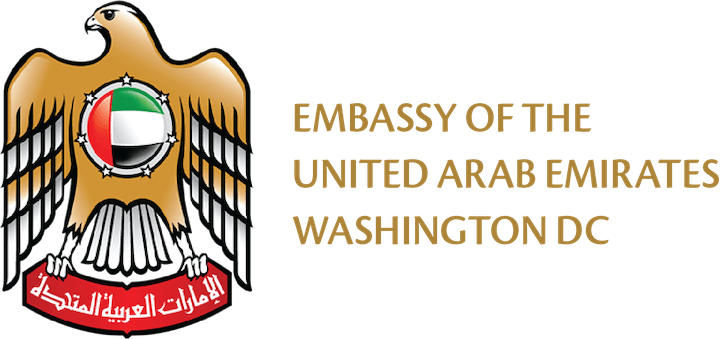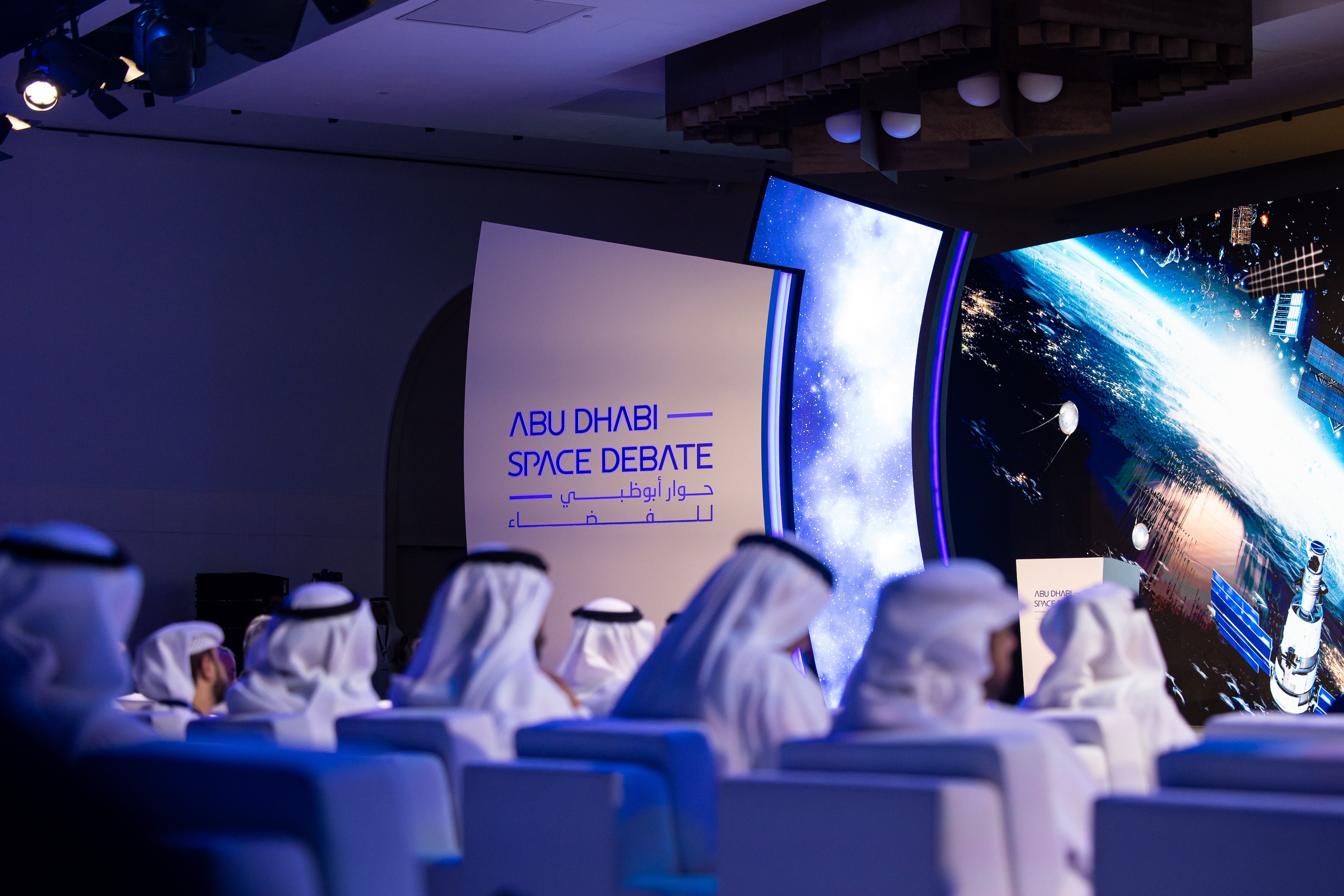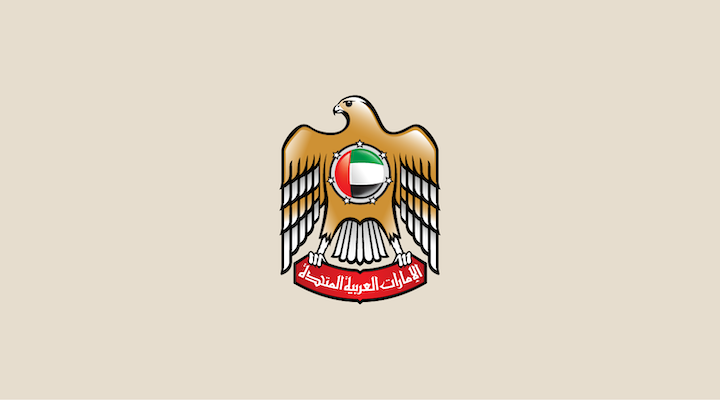
By Alia Al Suwaidi, Political Section Chief at the UAE Embassy in Washington, and Amit Zarouk, Minister-Counselor for Political Affairs at the Embassy of Israel in Washington.
The distance from the UAE Embassy to the Israeli Embassy in Washington, DC is less than a few hundred yards. Yet at this time last year, we may have been “neighbors,” but we were anything but “neighborly.”
Today, one year later, we are friends and agents for the warm peace between our two nations. We are both diplomats, responsible for leading the political sections in our respective embassies. No longer strangers; today, we speak freely and often with each other.
An Emirati and an Israeli. Two patriots who love our countries and aspire to build a more peaceful, stable and prosperous Middle East.
These are remarkable times. Conflict and disagreement can last generations, but should an opportunity for peace become possible, it must be seized upon. When that flash occurred and the Abraham Accords were signed at the White House, our people recognized this opening and advanced it. We quickly embraced our new normal and began working together.
The UAE and Israel are two of the most dynamic and advanced societies in the region. Throughout this last 12 months, we have proven this truth.
Over 60 Memorandums of Understanding, trade deals and other formal accords were reached. Economic and trade cooperation agreements were signed by our banks, manufacturers, and port authorities. Investor conferences brought the tech sector together in Dubai and Tel Aviv. Emirati and Israeli airline carriers added daily direct routes connecting our nations. Over 250,000 Israelis have already traveled to the UAE, despite a global pandemic.
A recent Rand Corporation study estimated that deeper economic integration between the UAE and Israel alongside Bahrain and Morocco – all signatories to the Abraham Accords – could create nearly 150,000 new jobs. The report notes that should the accords expand to include additional countries within the region, over $1 trillion in new economic activity could be generated over a decade plus 400,000 jobs.
We are here to make up for lost time.
While we practice this warm peace on the job, this newfound reality between the UAE and Israel is not centered on individuals. It’s about our societies.
Peace is about what is possible when our communities, businesses, entrepreneurs, scientific researchers, venture capitalists, engineers and academics apply their ingenuity and creativity to create a better world.
Peace allowed the Mohamed bin Zayed University of Artificial Intelligence and Weizmann Institute of Science to collaborate on artificial intelligence research.
We are proud the UAE and Israel are leading the worldin vaccinating our populations against COVID-19. Our medical professionals are sharing data, learning from one another and collaborating on global vaccine distribution efforts. This is only possible when two like-minded countries implement aggressive vaccination programs to safeguard our people and carefully reopen our economies.
After decades of barely talking, all our people do now is talk. And talk. And act!
We are collaborating on healthcare technology and renewable energy; on cybersecurity and bilateral trade; in arts and culture; and in space. Emiratis and Israelis are meeting in the boardroom, at the diamond exchanges and on the soccer pitch.
This is the beginning of a new Middle East.
In the UAE, Emiratis have absorbed many valuable lessons from the founder and first leader of the country, Sheikh Zayed bin Sultan Al Nahyan. He taught that Emiratis must stand alongside other people, regardless of their religious affiliation or ethnicity. It is a humanitarian imperative and a firm principle.
Israelis live by a centuries-old Jewish value called Tikkun Olam (repairing the world) and practice Prophet Isaiah’s guidance of serving as a light unto the nations.
In our own ways, we each have sought to take these teachings and practice them by serving as Emirati and Israeli agents for peace.
Our work is just beginning.





